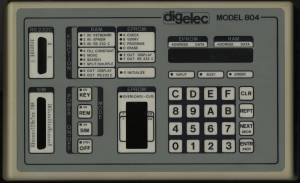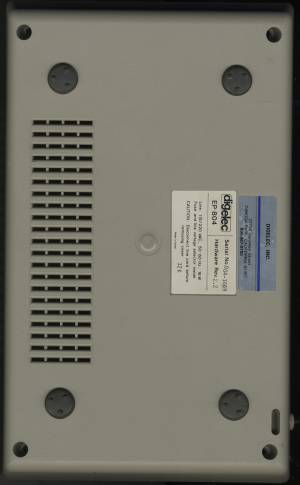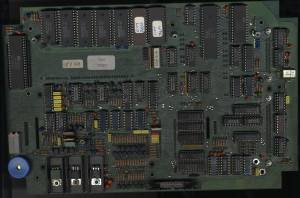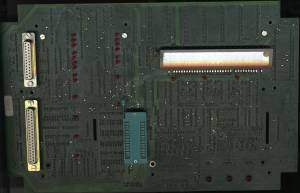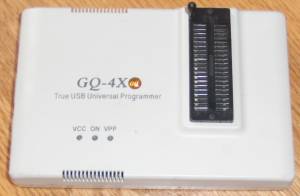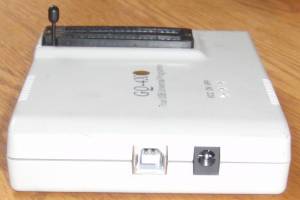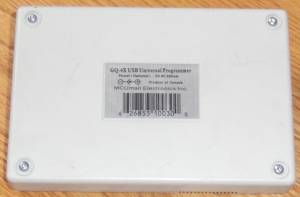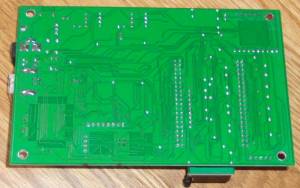prog:start
Table of Contents
Tips
If having problems reading:
- Read chips 2 or 3 times to make sure its reliable. Re-seat between reads
- Polish pins to remove oxide layer. One easy trick is to slide back and forth in the ZIF socket (at the cost of wearing out the socket a little)
From Lord Nightmare as taught by Guru:
- Heating bit-rotten chips up may improve reads. Use a hairdryer or heatgun to heat up a chip, but don't make it hot enough to damage the eprom reader; while the chip is still hot, dump it. Reason this works: Heating will raise the ambient charge/energy of the floating gates on the chip (thermally/temporarily, until it cools down, rather than electrically as the gates are normally programmed) which may make it read somewhat better if the charges left in the gates are marginal due to bit-rot from age or light exposure through the quartz window
- Undervolting chips will also improve reads of bit-rotten chips, assuming your programmer supports that feature; lower the +5v/VCC input down to 4.8 or less volts and dump it. Reason this works: the floating gate charges in eproms are compared using some sort of a comparator circuit (differs by chip) to the VCC level. Lowering the VCC level will lower the threshhold somewhat between the 'energized' and 'de-energized' state of the floating gate.
Digelec EP-804
From anonymous source.
External
Internal
GQ-4X
USB, think they cost something like $100.
External
Internal
PROMPRO-7
A programmer JM use to have. Programmed via serial port. It seemed quirky and my particular unit seemed defective/unreliable. Doesn't look like I have a picture of it handy. Scrapped.
Xeltek
Lower cost than BP Micro but also looks like less support
BP Micro
High quality but reasonably expensive programmers
Willem
prog/start.txt · Last modified: 2015/01/04 22:50 by 127.0.0.1

